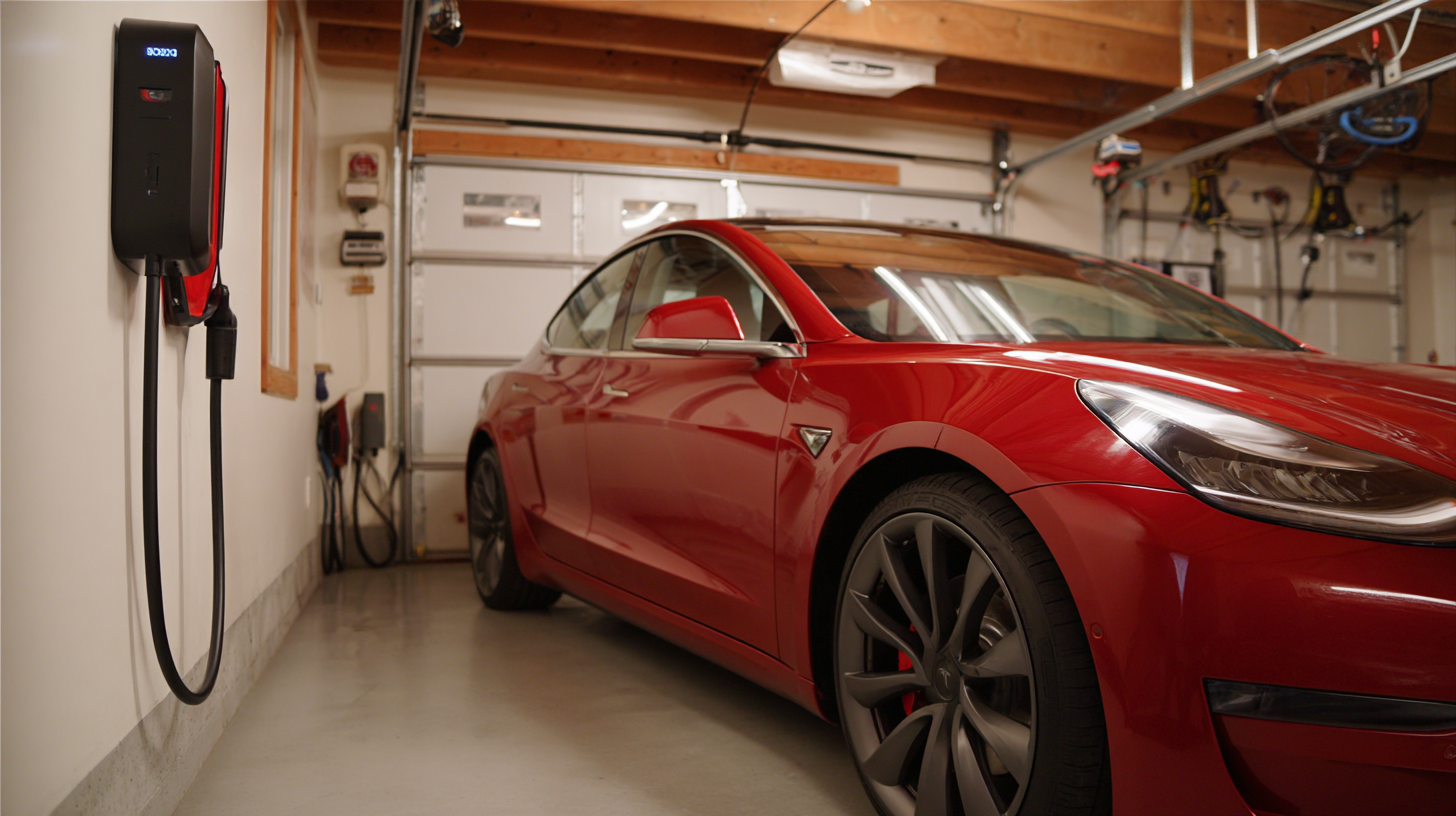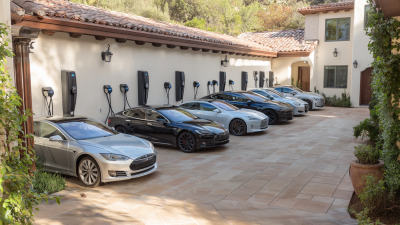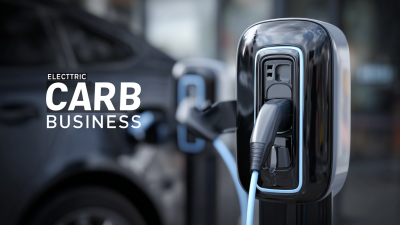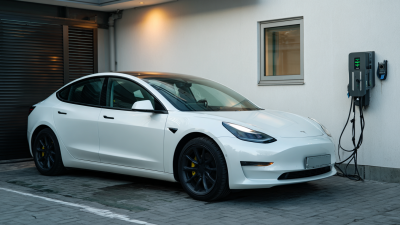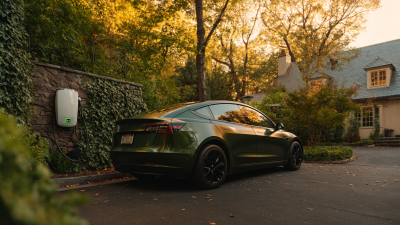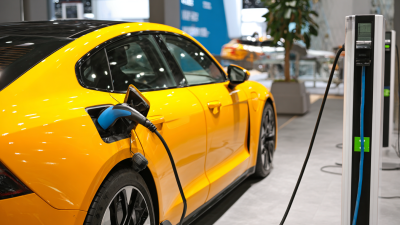As the electric vehicle (EV) market continues to expand, with projections estimating that global EV sales will reach 115 million units by 2030 (IEA Report, 2021), the need for efficient home charging solutions has never been clearer. A well-planned Home Vehicle Charging Station is crucial for maximizing the benefits of EV ownership, enabling users to enjoy the convenience of charging their vehicles overnight while reducing dependence on public charging infrastructure. According to a report by the U.S. Department of Energy, over 80% of EV charging occurs at home, highlighting the importance of having a reliable, efficient charging setup. Upgrading to a dedicated charging station not only enhances the charging speed but also increases the overall lifespan of the vehicle's battery. This guide will explore how to optimize your electric vehicle experience by choosing the right Home Vehicle Charging Station, ensuring you stay ahead in this rapidly evolving automotive landscape.
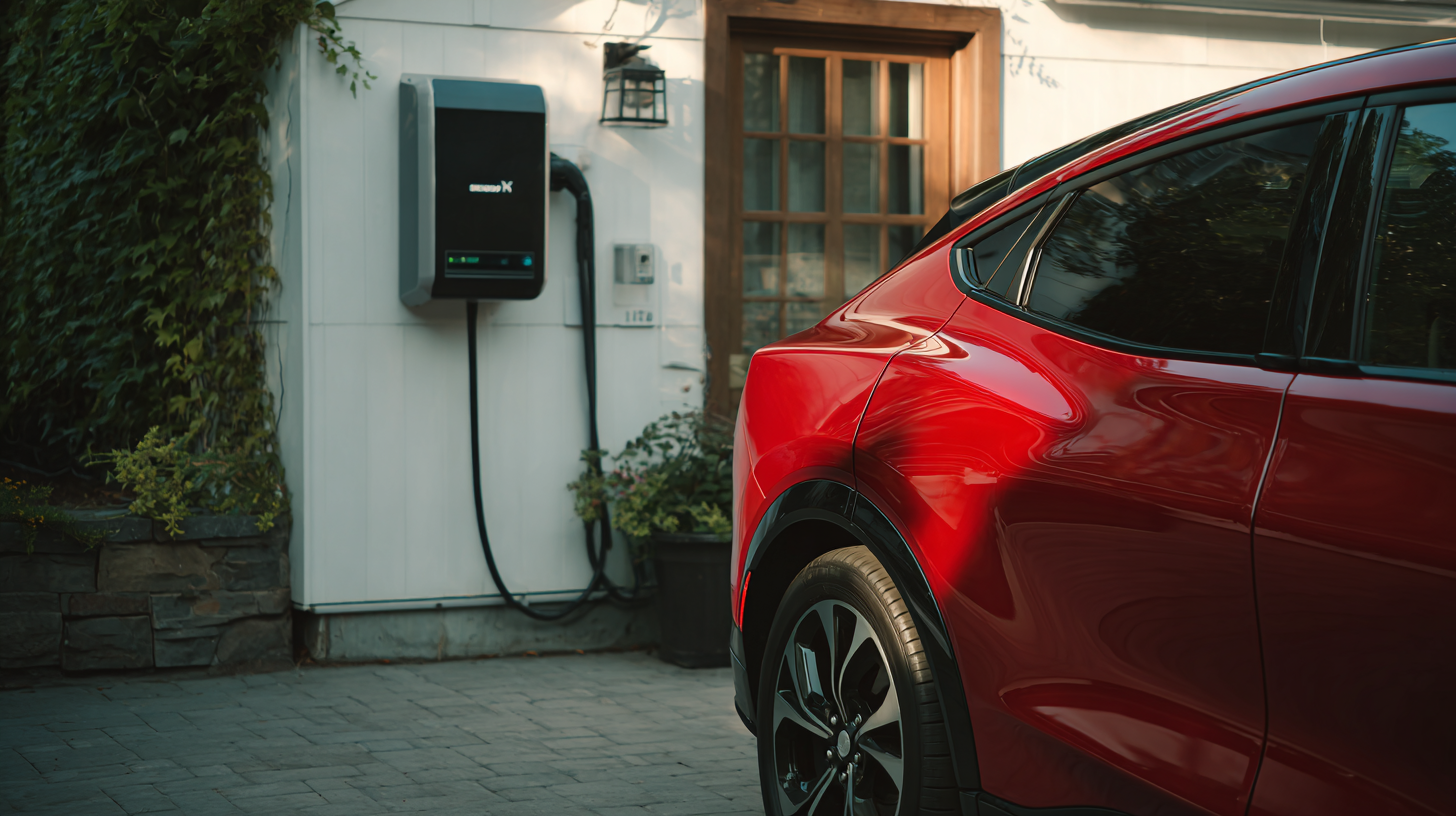
When choosing the right home charging station for your electric vehicle (EV), several factors come into play to ensure the optimal charging experience. Firstly, consider the power output of the charging station. Level 2 chargers, which operate at 240 volts, are commonly recommended for home installations as they provide faster charging times compared to standard Level 1 chargers. Assess your vehicle’s compatibility and charging speed requirements to select an appropriate model that can fully utilize your electrical system's capacity.
Another essential consideration is the installation location. Ideally, you want your charging station installed in a convenient spot—such as your garage or driveway—while also ensuring that it adheres to safety regulations. If you plan on charging multiple vehicles in the future or investing in higher-capacity EVs, opting for a station that supports multiple connections can be advantageous. Lastly, look for features that enhance usability, such as smart charging capabilities, mobile app integration, and scheduling options that might help you take advantage of lower electricity rates during off-peak hours.
Upgrading your home vehicle charging station can significantly enhance your electric vehicle (EV) experience by providing faster, more efficient charging solutions. Recent advancements in charging infrastructure, such as the release of intelligent charging products, showcase the industry's commitment to improving performance and accessibility. According to industry reports, improved charging technologies can reduce charging times by up to 50%, making it much more convenient for EV owners to power their vehicles at home.
The adoption of smart charging stations aligns with the global trend towards electrification in the automotive sector. With major automakers enhancing their electric offerings, upgrading your charging infrastructure not only prepares you for future vehicle needs but also promotes the sustainability of your energy consumption. Reports indicate that as economies of scale are realized in charging network construction, operating costs can decrease, allowing consumers to enjoy lower charging fees. Furthermore, the introduction of vehicle-to-grid (V2G) technologies is expected to optimize energy usage by allowing EVs to interact with the grid, providing additional value to homeowners who invest in upgraded charging solutions.
Upgrading to a home vehicle charging station not only streamlines the process of charging your electric vehicle (EV) but also introduces smart charging features that can significantly enhance your driving experience. These advanced charging stations often come equipped with mobile applications that allow you to monitor and control the charging process remotely. You can initiate or schedule charging sessions, track energy consumption, and even set charging preferences based on energy rates, ensuring you always charge when it’s most economical.
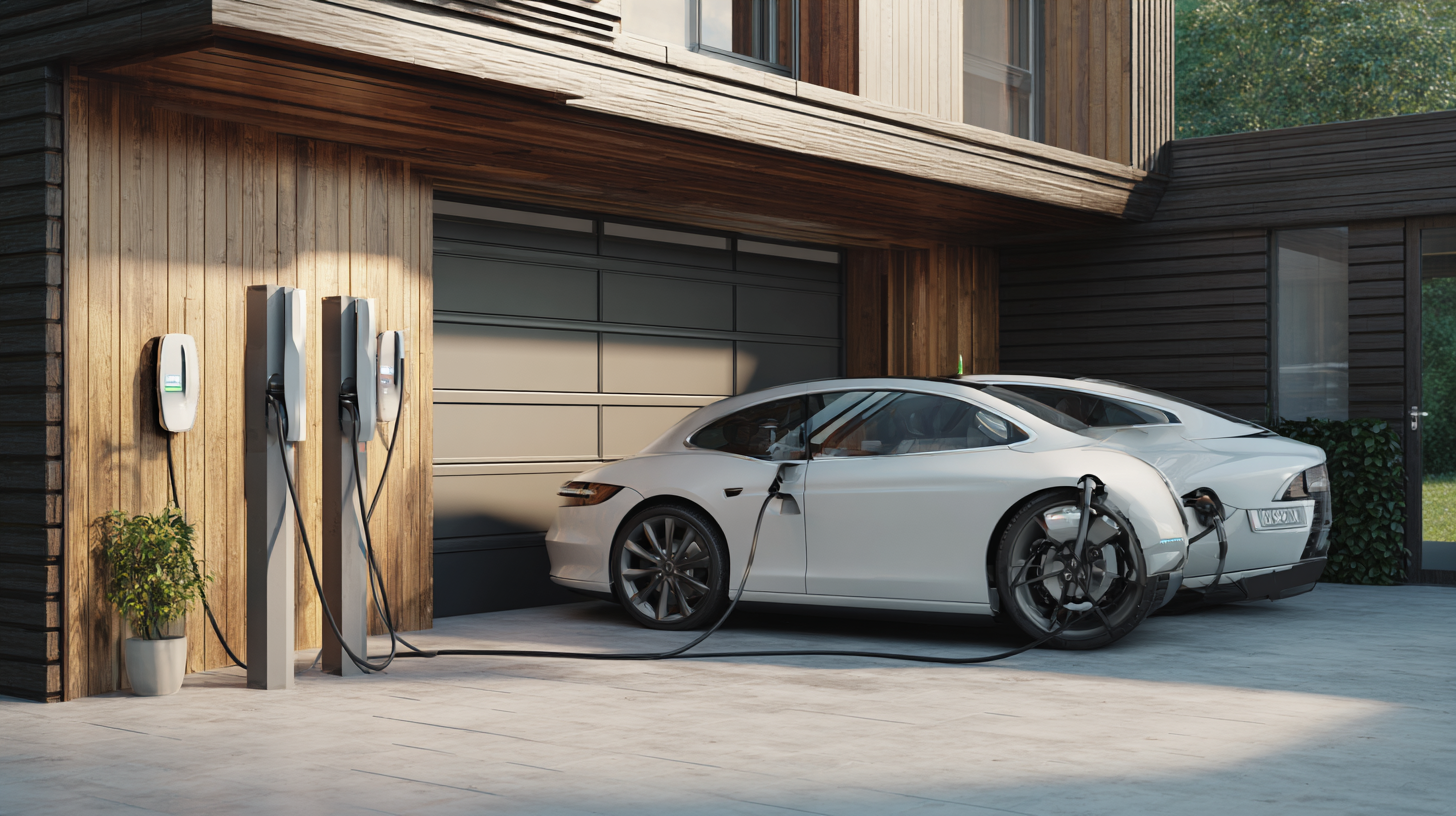
Moreover, many modern charging solutions incorporate features such as smart load balancing and integration with home energy systems. This means that your charging station can optimize power usage, distributing energy efficiently between your EV and other household appliances. Some systems also offer connectivity with renewable energy sources, like home solar panels, allowing you to power your vehicle with clean energy. These smart charging innovations not only make your EV more convenient to use but also contribute to a sustainable lifestyle, ultimately transforming how you think about vehicle ownership.
Upgrading to a home vehicle charging station can significantly enhance your electric vehicle (EV) experience, especially when considering energy efficiency. According to the U.S. Department of Energy, using a Level 2 home charger can reduce charging time to just a few hours, bringing convenience to your daily routine. In fact, efficient charging practices can help you make the most of your EV while minimizing energy consumption. Charging your vehicle during off-peak hours, typically between 10 PM and 6 AM, can leverage lower electricity rates and reduce your overall energy bill.
In addition, incorporating features like smart chargers can further optimize energy usage. Smart charging stations can adjust charging speeds based on grid demand, which can lead to an estimated savings of up to 20% on your electricity costs, as reported by the National Renewable Energy Laboratory. Furthermore, these chargers often come equipped with energy monitoring capabilities, allowing users to track their consumption and make informed decisions about their charging habits. By effectively managing your home charging station, you not only enhance your EV experience but also contribute to a more sustainable future.
When considering a home vehicle charging station upgrade, several installation factors must be taken into account for a seamless experience. First and foremost, assessing your electrical system is crucial. Ensure that your home's electrical panel can handle the additional load from the charging station. You may need to consult with a licensed electrician to evaluate whether an upgrade is necessary, as outdated wiring could pose safety risks.
Another important aspect to consider is the placement of the charging station. Choose a location that is convenient for parking your electric vehicle while allowing safe access to the charging unit. Outdoor installations should be weatherproof and compliant with local codes, while indoor stations should have adequate ventilation. Finally, consider the charging speed you desire. Level 2 chargers offer faster charging times, but they require a more complex installation process. By addressing these considerations, you can optimize your home charging setup and enhance your electric vehicle experience.
